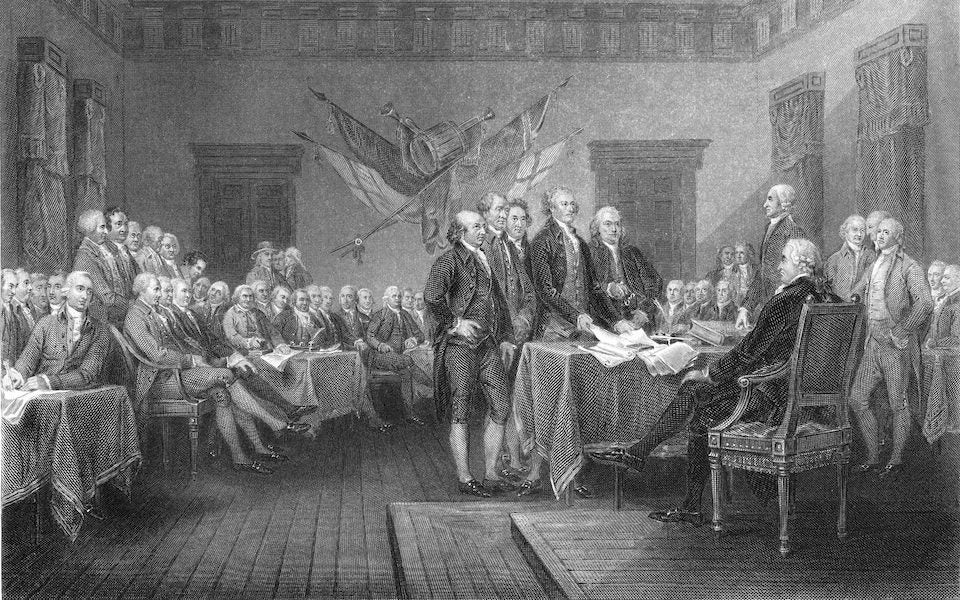
Jews have a long history of making sure our heads of state hear from us. So if you’re planning on lobbying the President-elect, you could do worse than to model your conversation on a 200-year-old exchange between Thomas Jefferson and 19th-century New York-born proto-Zionist Mordecai Manuel Noah.
In 1818, Noah, a former diplomat and journalist of Portuguese Sephardic descent wrote to Presidents Thomas Jefferson, John Adams, and James Madison, outlining an age-old Jewish problem: Jews desired a homeland of their own, but until that day came, it would be nice to be counted equally as Americans. (Seven years later, Noah would try to bring that day about himself by proposing a Jewish homeland on Lake Erie.)
Jefferson, no doubt feeling the breath of posterity on his neck, wrote back to Noah, thanking him for a bit of Jewish education and acknowledging that “although Americans are free by the law, we are not so in practice” — that true freedom would only come when everyone’s rights were on “equal footing.” But Jefferson was far from the first President to set forth this philosophy: nearly 30 years earlier, Washington may have put it more eloquently when he wrote to the Jews of Newport, RI: “everyone shall sit in safety under his own vine and figtree, and there shall be none to make him afraid.”
Let’s just hope things work out that way, hmm?
JTA has documented Jewish history in real-time for over a century. Keep our journalism strong by joining us in supporting independent, award-winning reporting.





